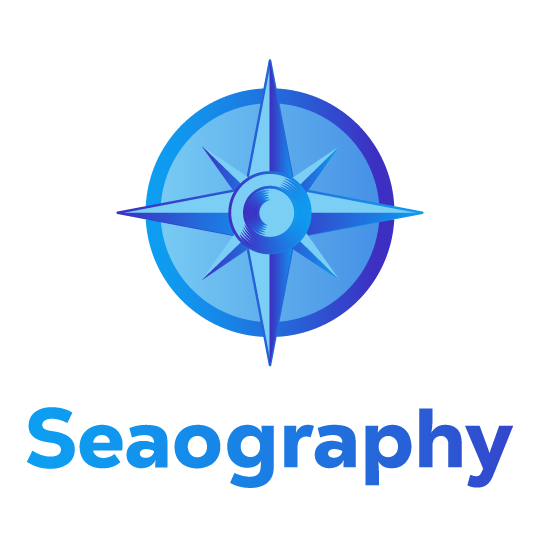Seaography is a GraphQL framework for building GraphQL resolvers using SeaORM entities. It ships with a CLI tool that can generate ready-to-compile Rust GraphQL servers from existing MySQL, Postgres and SQLite databases.
- Quick and easy to get started
- Generates readable code
- Extensible project structure
- Based on popular async libraries: async-graphql and SeaORM
- Relational query (1-to-1, 1-to-N)
- Pagination on query's root entity
- Filter with operators (e.g. gt, lt, eq)
- Order by any column
(Right now there is no mutation, but it's on our plan!)
cargo install seaography-cliSetup the sakila sample database.
cd examples/mysql
seaography-cli mysql://user:pw@localhost/sakila seaography-mysql-example .
cargo runGo to http://localhost:8000/ and try out the following queries:
{
film(pagination: { pages: { limit: 10, page: 0 } }, orderBy: { title: ASC }) {
nodes {
title
description
releaseYear
filmActor {
nodes {
actor {
firstName
lastName
}
}
}
}
}
}{
store(filters: { storeId: { eq: 1 } }) {
nodes {
storeId
address {
address
address2
}
staff {
firstName
lastName
}
}
}
}{
customer(
filters: { active: { eq: 0 } }
pagination: { pages: { page: 2, limit: 3 } }
) {
nodes {
customerId
lastName
email
}
pages
current
}
}{
customer(
filters: { active: { eq: 0 } }
pagination: { cursor: { limit: 3, cursor: "Int[3]:271" } }
) {
nodes {
customerId
lastName
email
}
pageInfo {
hasPreviousPage
hasNextPage
endCursor
}
}
}Find all inactive customers, include their address, and their payments with amount greater than 7 ordered by amount the second result
{
customer(
filters: { active: { eq: 0 } }
) {
nodes {
customerId
lastName
email
address {
address
}
payment(
filters: { amount: { gt: "7" } }
orderBy: { amount: ASC }
pagination: { pages: { limit: 1, page: 1 } }
) {
nodes {
paymentId
amount
}
pages
current
pageInfo {
hasPreviousPage
hasNextPage
}
}
}
pageInfo {
hasPreviousPage
hasNextPage
endCursor
}
}
}Setup the sakila sample database.
cd examples/postgres
seaography-cli postgres://user:pw@localhost/sakila seaography-postgres-example .
cargo runcd examples/sqlite
seaography-cli sqlite://sakila.db seaography-sqlite-example .
cargo runUnless you explicitly state otherwise, any contribution intentionally submitted for inclusion in the work by you, as defined in the Apache-2.0 license, shall be dual licensed as above, without any additional terms or conditions.
Seaography is a community driven project. We welcome you to participate, contribute and together build for Rust's future.

